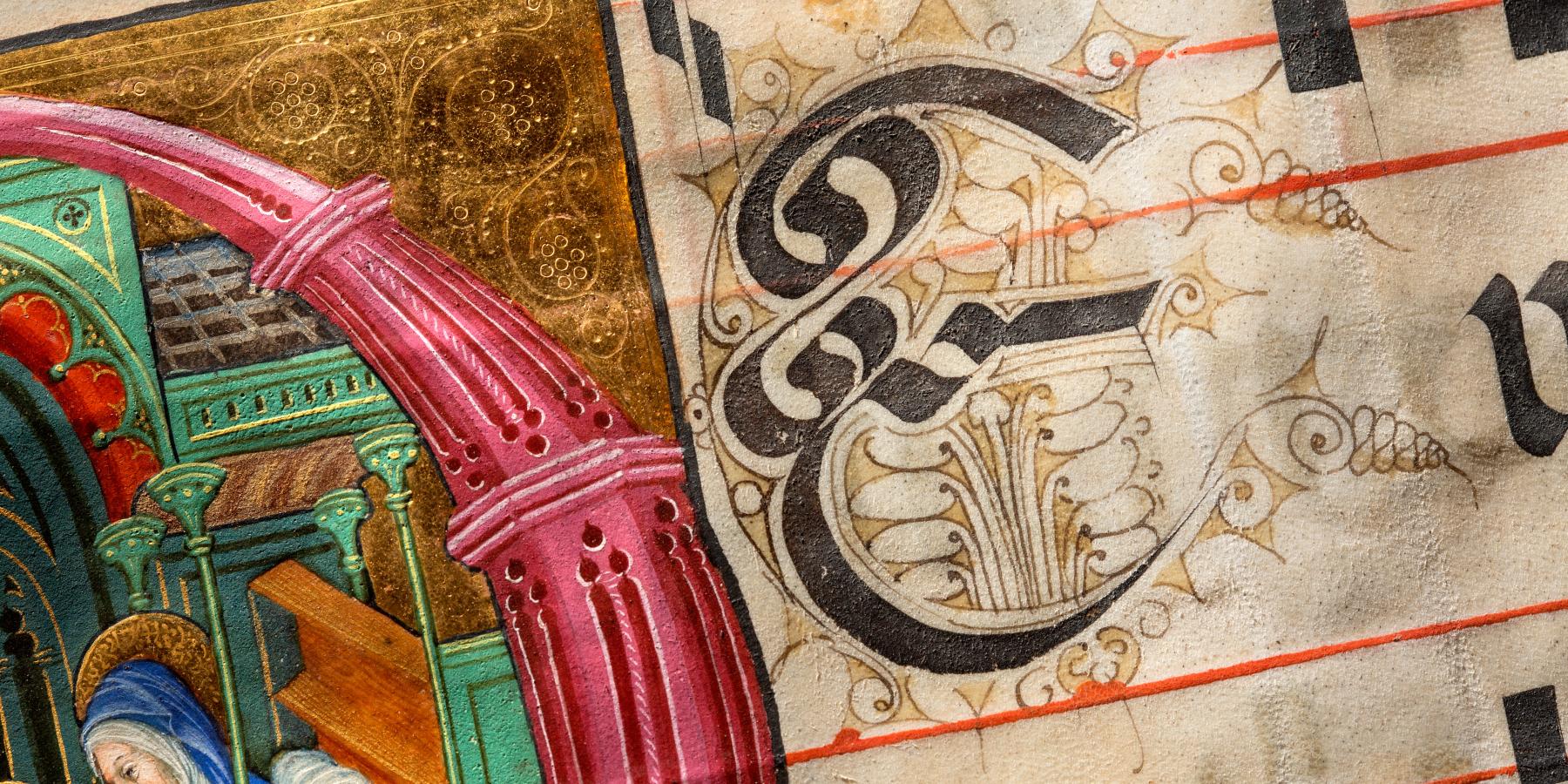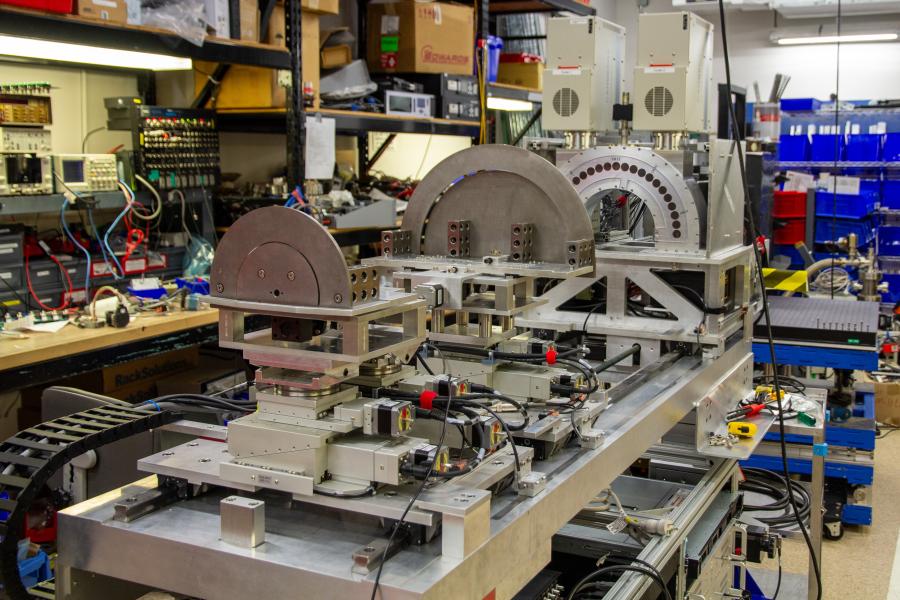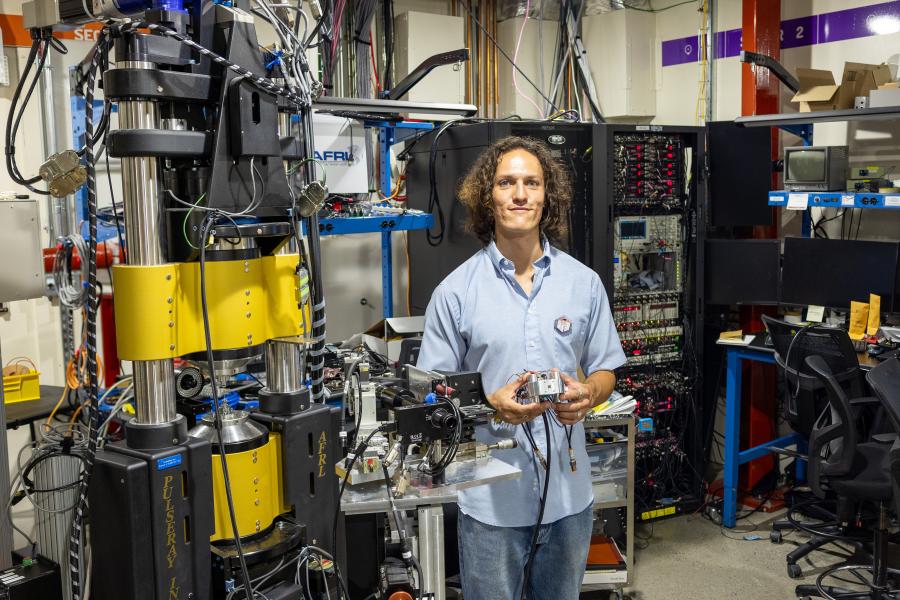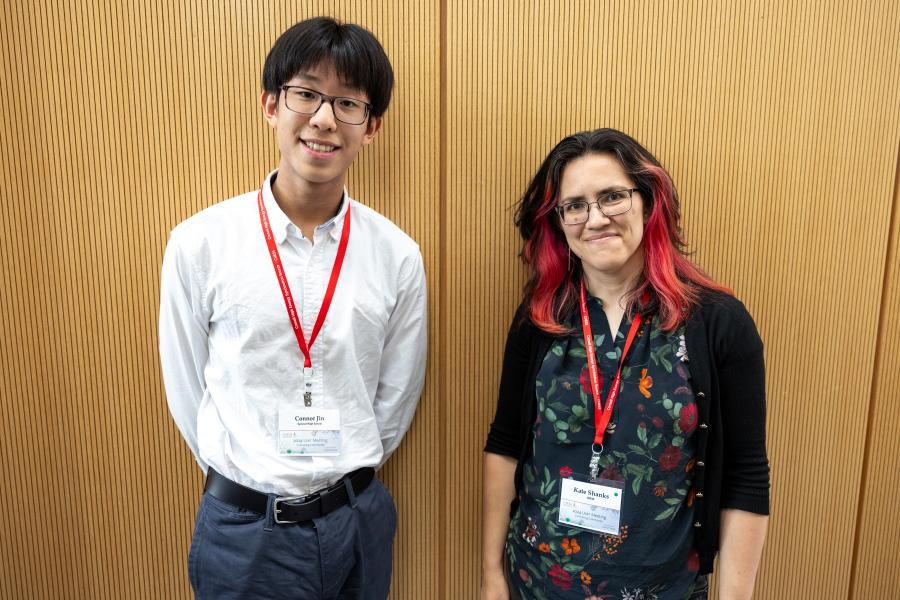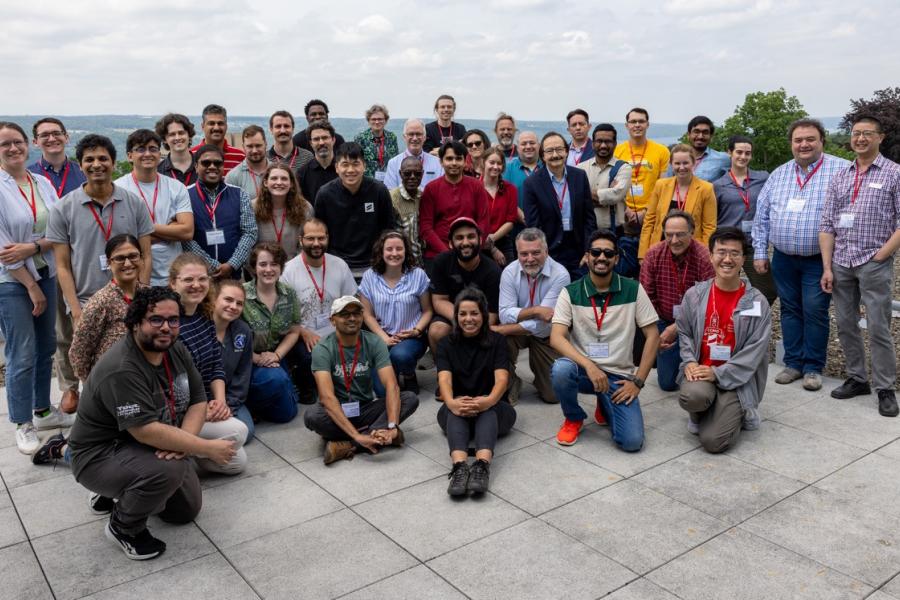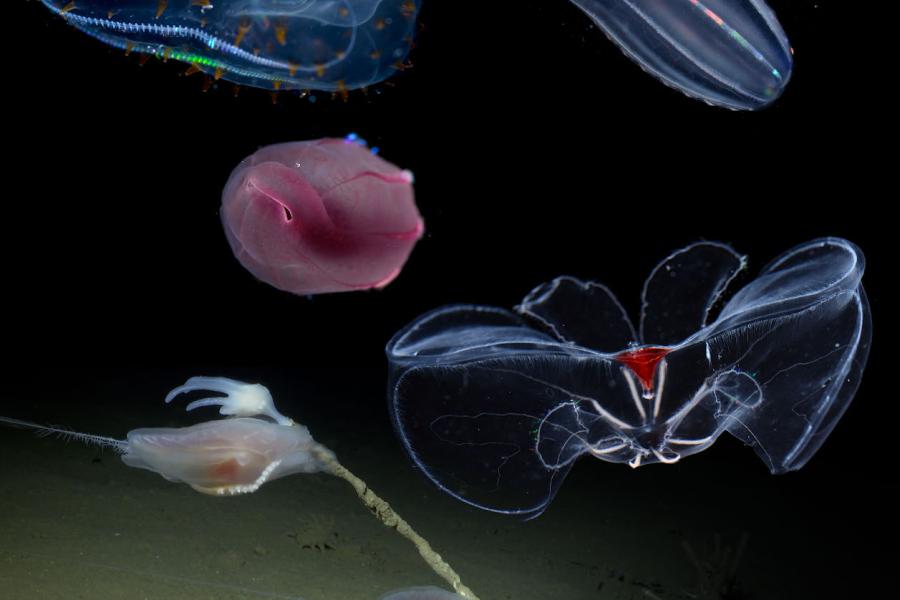Sidebar Menu (View Pages)
- Status
- ⌃ Science
-
⌃
Users
- What's the process? - Prospective User Guide
- User Guide
- Beamline Directory
- CHESS Deadlines
- X-Ray Run Schedule
- CHESS 2026_1 Updates
- Shipping
- ⌃ Safety
- Travel and Lodging
- Acknowledgments
- User Agreement
- CHESS Status Page
- ⌃ Technical Resources
- ⌃ Facilities
- ⌃ Public
- Industry
- ⌃ About
Tags
Featured
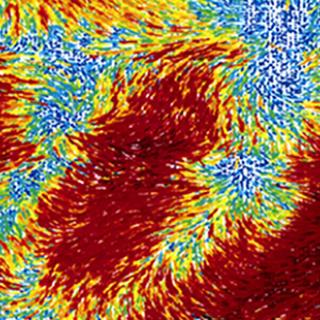
X-ray Pixel-Array-Detectors promise new capabilities when transferred into electron microscope
Congratulations go out to the Gruner and Muller groups for their research being highlighted on the cover of the recent edition of Microscopy and Microanalysis.
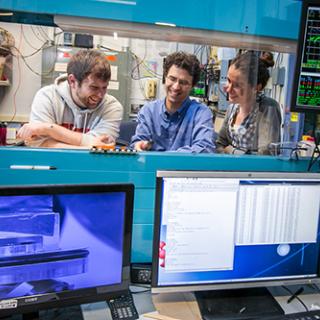
Princeton graduate student wins first-ever award for first publication
CHESS congratulates user and Princeton graduate student Geoffrey Purdum on the occasion of winning an award for the best first publication from a PhD student by the SABIC Corporation.
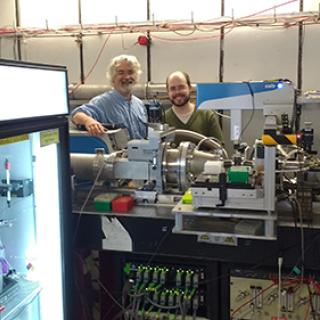
BioSAXS Essentials 6 workshop in May
MacCHESS is offering its sixth intensive HOWTO course in BioSAXS.
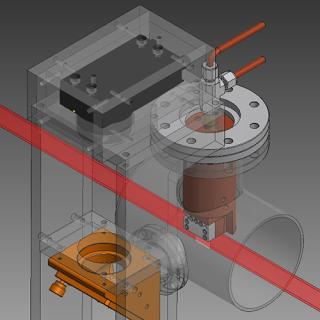
Upgrade of VBPMs at C-, F- and G-line
At CHESS, the X-ray position monitoring and position stabilization feedback by CESR is fully realized using CHESS’ video beam position monitors (VBPMs).
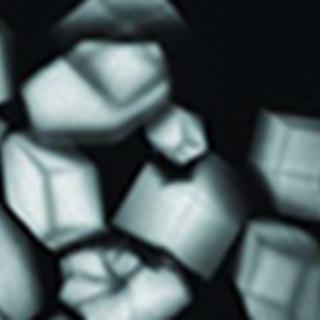
Fluorescence imaging at the MacCHESS A1 and F1 beamlines makes crystal centering easier
Macromolecules typically produce only small crystals; to observe diffraction from them (and determine the molecular structure) we need the intense, highly collimated beam from a synchrotron source.
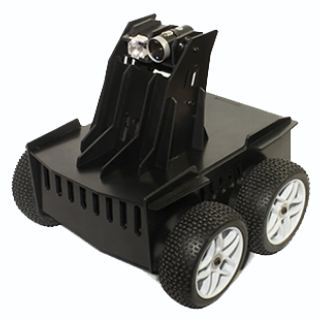
11.5" tall tunnel rover is now on the beat
CLASSE has been interested in having the ability to see what is happening in the CESR tunnel during the x-ray running periods when the tunnel is off limits to personnel.
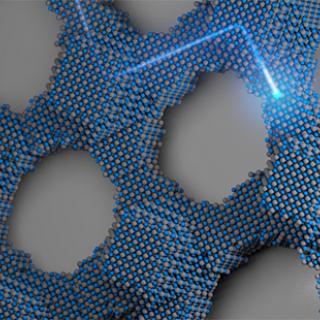
Quantum dot solids: This generation's silicon wafer?
Just as the single-crystal silicon wafer forever changed the nature of electronics 60 years ago, a group of Cornell researchers is hoping its work with quantum dot solids – crystals made out of crystals – can help usher in a new era in electronics.
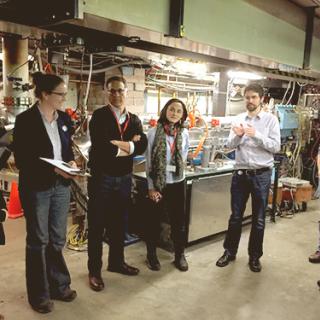
Mini-workshop on XRF mapping for cultural heritage sparks discussion
On January 22, fifteen regional participants from diverse fields – chemists, art historians, curators, art conservators, and conservation scientists – gathered at CHESS to discuss applications of x-ray fluorescence imaging in the cultural heritage world.
